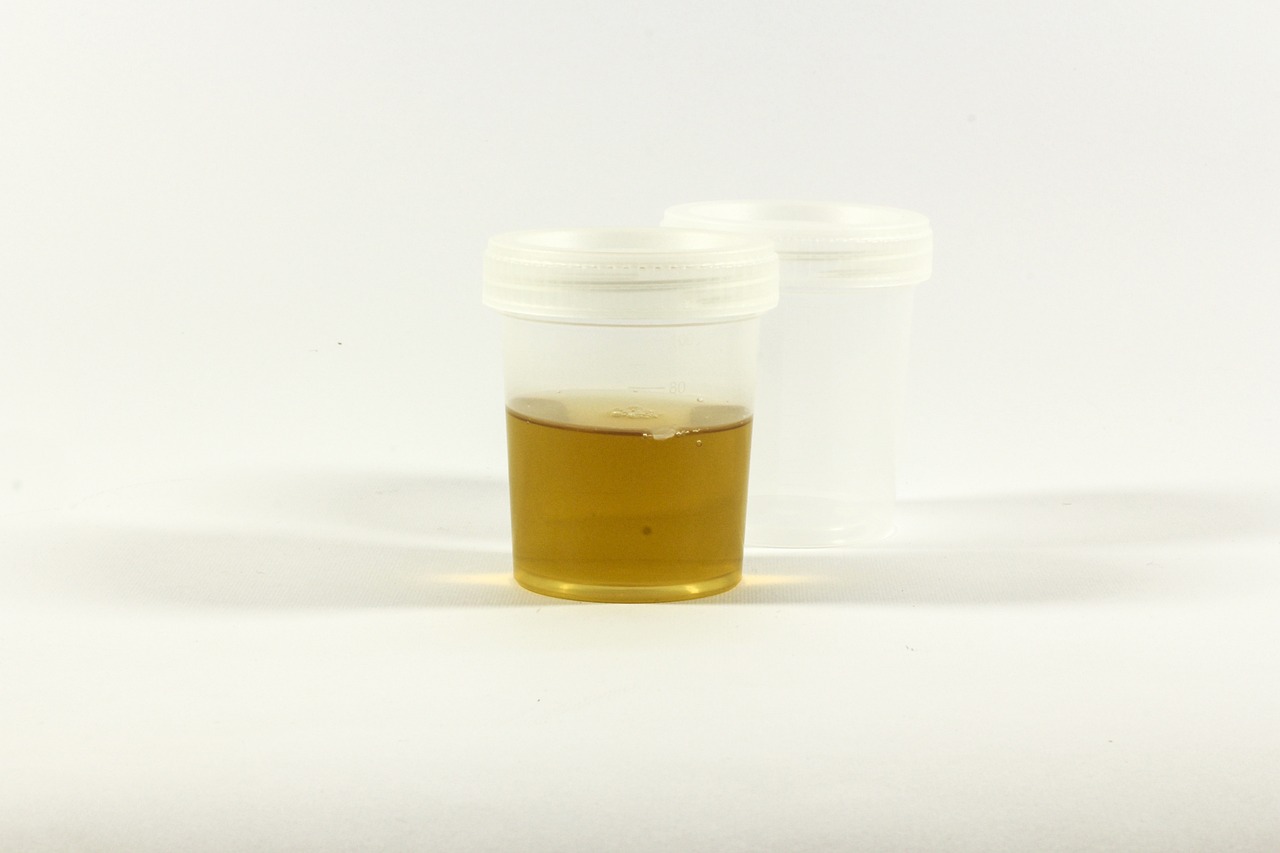Have you heard about that new urine test that can detect cancer early?

A simple paper-based examination has the potential to detect cancer in its nascent stages, thereby facilitating easier treatment. This test, akin to a pregnancy test, scrutinizes urine for characteristic compounds, and a conspicuous line emerges on the paper strip if the outcome is affirmative. In the United Kingdom, approximately 130,000 individuals succumb to cancer annually. Despite significant strides in therapy and enhanced survival rates, certain cancers continue to pose challenges in early detection, when treatment is more efficacious.
 Significant variations are observed among lung cancer patients, particularly in terms of their one-year survival rate. For instance, men diagnosed with stage one cancer exhibit a survival rate of 81 per cent, which drastically declines to 15 per cent for those with stage four cancer. An alternative approach is to conduct a screening for aberrant proteins that are produced by malignant cells, but not by normal ones.
Significant variations are observed among lung cancer patients, particularly in terms of their one-year survival rate. For instance, men diagnosed with stage one cancer exhibit a survival rate of 81 per cent, which drastically declines to 15 per cent for those with stage four cancer. An alternative approach is to conduct a screening for aberrant proteins that are produced by malignant cells, but not by normal ones.
However, the presence of these proteins in the early stages of the disease is often at such low levels that their detection becomes nearly impossible. To circumvent this challenge, the newly developed test identifies indicators of protein activity within the body, rather than the proteins themselves.
During the growth of tumors, enzymes known as proteases are produced, which facilitate the destruction of healthy tissue and promote cancer growth. The paper test, as described in the journal Nature Nanotechnology, induces these enzymes to become active, thereby revealing their presence, as well as that of cancer cells. The Massachusetts Institute of Technology in the United States has developed this test, which utilizes nanoparticles and DNA labels to achieve its objectives.
 Upon injection into the bloodstream, the beads, which are up to 100,000 times smaller than a human hair and imperceptible to the naked eye, are acted upon by proteases, resulting in the liberation of DNA tags from the beads. These tags are subsequently released into the bloodstream and eventually traverse the kidneys to be excreted in the urine. A specialized paper strip can be utilized to analyze the urine sample. The presence of a dark line on the strip indicates the existence of cancer.
Upon injection into the bloodstream, the beads, which are up to 100,000 times smaller than a human hair and imperceptible to the naked eye, are acted upon by proteases, resulting in the liberation of DNA tags from the beads. These tags are subsequently released into the bloodstream and eventually traverse the kidneys to be excreted in the urine. A specialized paper strip can be utilized to analyze the urine sample. The presence of a dark line on the strip indicates the existence of cancer.
The beads have the capacity to transport approximately 50 distinct DNA labels, each of which is cleaved by a unique enzyme. Diverse cancers produce different enzymes, implying that it may be feasible to not only detect the presence of cancer but also determine its type and location of metastasis. The technology has the potential to diagnose various types of cancer.
In experiments conducted on mice, the paper test was able to differentiate between lung cancer and tumors originating in the bowel before spreading to the lungs. Dr. Catherine Pickworth, Science Information Manager at Cancer Research UK, asserts that early detection of cancer presents one of the most significant opportunities to save lives from the disease. She further notes that this test exhibits potential in both early detection and comprehension of an individual’s cancer, which could aid in guiding treatment.









